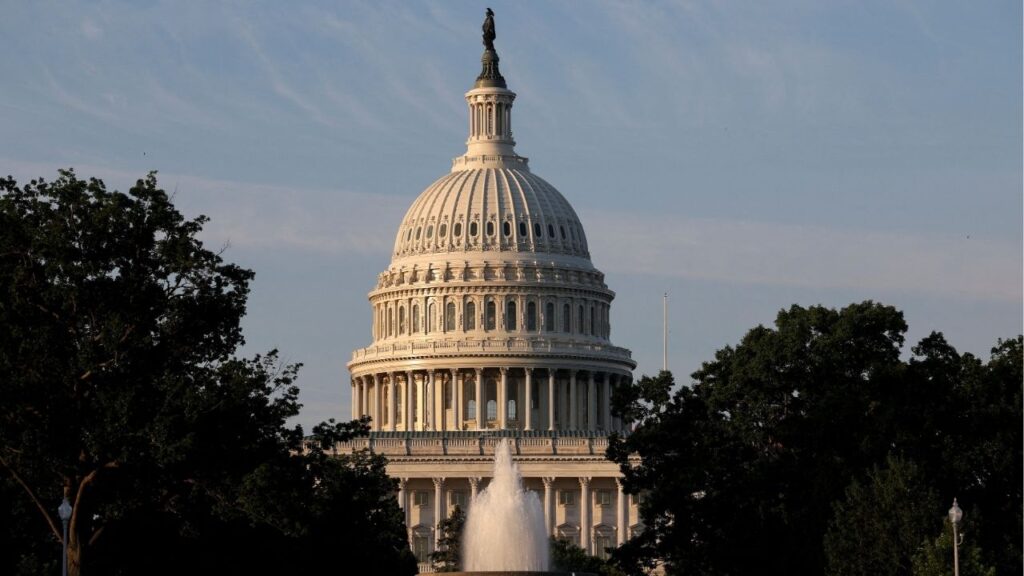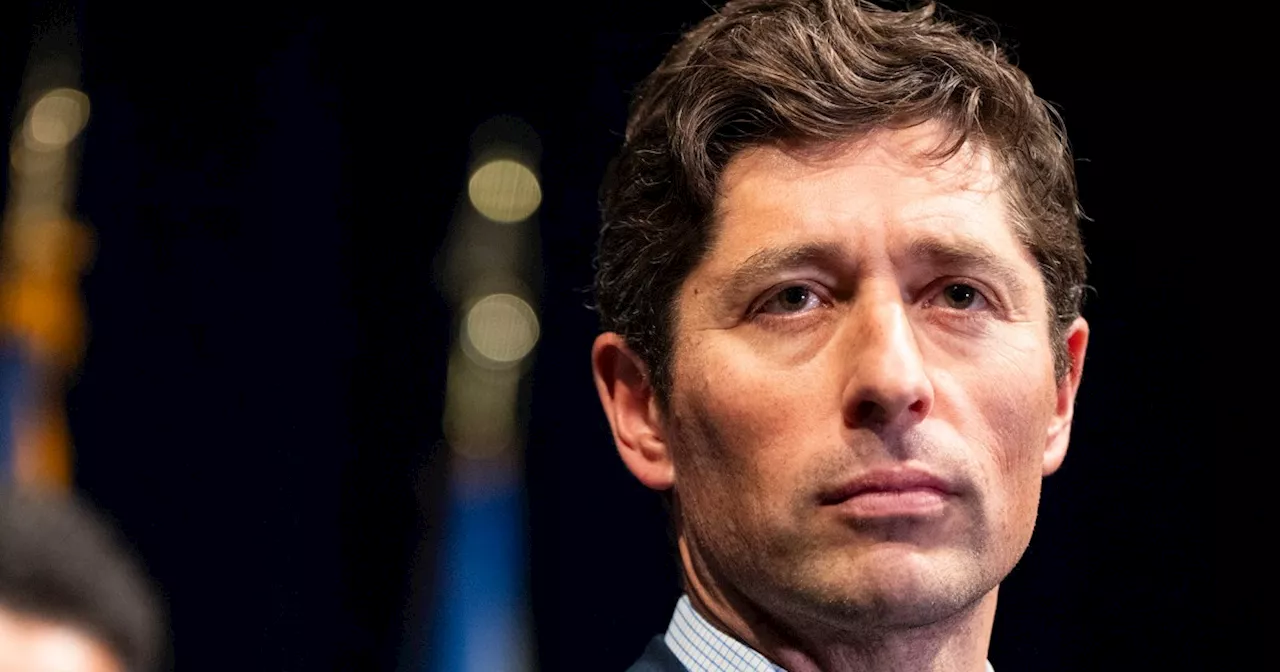
President Donald Trump is scheduled to meet with congressional leaders on September 19, 2023, as efforts intensify to avert a government shutdown that could occur as early as Wednesday. The stakes are high, as a failure to reach an agreement could disrupt a wide range of federal services and affect thousands of workers. The meeting aims to resolve differences over government funding and health benefits, with a deadline looming at midnight on Tuesday (04:00 GMT Wednesday).
The primary contention lies between the Democratic and Republican parties regarding the extension of government funding. Democrats assert that any agreement must include provisions to preserve expiring health benefits, while Trump’s Republican contingent maintains that these issues should be addressed separately. The potential shutdown could lead to furloughs for thousands of federal employees, impacting agencies from NASA to national parks, and may result in delayed grants for small businesses.
Budget standoffs have become increasingly common in Washington, with 14 partial government shutdowns occurring since 1981. Most of these lasted only a few days, but the longest was a 35-day shutdown in late 2018 and early 2019, resulting from a dispute over immigration during Trump’s first term. This current situation, however, is complicated by Trump’s willingness to bypass established spending laws, increasing uncertainty in negotiations.
The issue at hand involves $1.7 trillion in discretionary spending that funds approximately one-quarter of the federal government’s total budget of $7 trillion. The remaining budget primarily supports health and retirement programs, as well as interest payments on the national debt, which now stands at $37.5 trillion.
On September 19, the Republican-controlled House of Representatives narrowly passed a bill to fund government agencies through November 21, 2023. However, this measure failed in the Senate, where at least seven Democratic votes are necessary for approval.
Healthcare is a significant concern in this debate. If Congress does not extend temporary tax breaks due to expire at the end of the year, approximately 24 million Americans who rely on the Affordable Care Act will face increased costs. Hakeem Jeffries, the House Democratic Leader, emphasized the urgency of making these tax breaks permanent, stating, “We believe that simply accepting the Republican plan to continue to assault and gut health care is unacceptable.”
Senate Republican Leader John Thune has suggested that major decisions should not be rushed. He stated in an op-ed published in the Washington Post, “Major decisions should not be made in haste. They certainly shouldn’t be made because one party is threatening to shut down the government if it doesn’t get its way.”
Some Democratic aides have indicated that they might support a short-term funding bill if Republicans agree to discuss the extension of the Affordable Care Act tax credits in the coming weeks. However, Jeffries has dismissed this proposal, expressing doubt about the reliability of Republican promises.
As the 2026 midterm elections approach, Democrats are eager to energize their base and are increasingly focused on healthcare spending. Nonetheless, concerns linger among party members regarding the potential public backlash if they fail to frame their arguments effectively, particularly in the context of Trump’s influence.
Ultimately, the outcome of these negotiations will have far-reaching implications for federal employees and services across the country, underscoring the critical nature of bipartisan cooperation in the face of looming deadlines.







